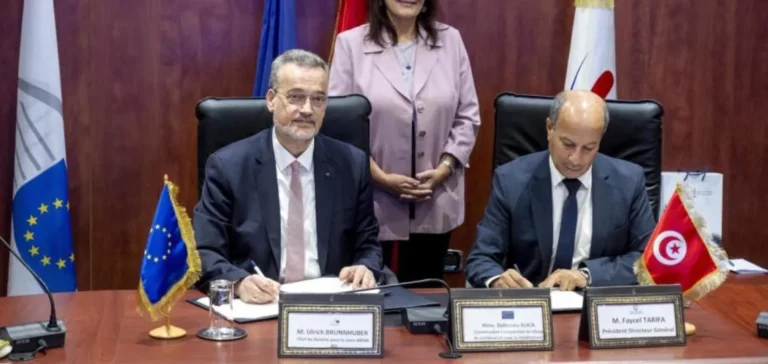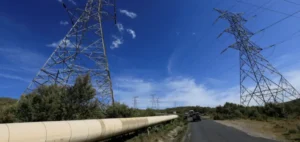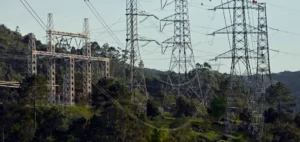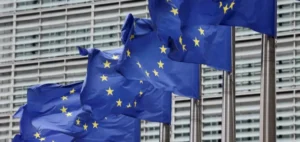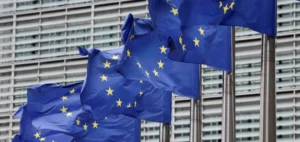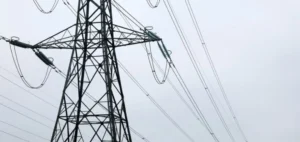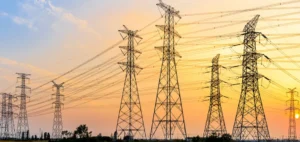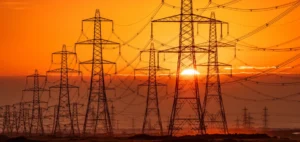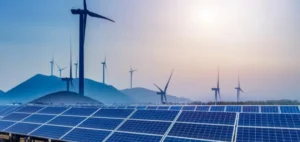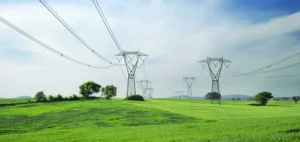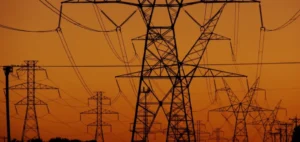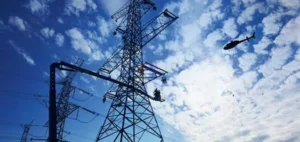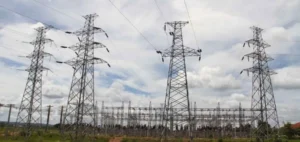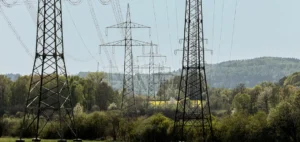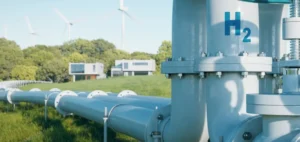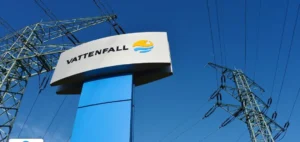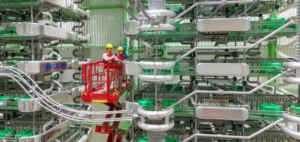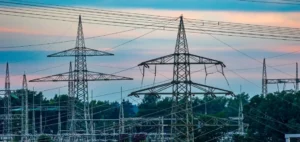The Société tunisienne de l’électricité et du gaz (STEG) has received a €12mn ($12.67mn) grant from the European Union (EU), implemented by the European Investment Bank (EIB), to support the implementation of the ELMED power interconnection project. This funding aims to provide technical assistance to STEG for supervising a 224-kilometre submarine cable linking Tunisia and Italy, the first of its kind for the country.
A key project for Euro-Mediterranean energy connectivity
Jointly developed by STEG and the Italian operator TERNA, ELMED represents a total investment estimated at €921mn ($972.5mn). Listed among the European Union’s Projects of Common Interest (PCI), the power cable has been designed to strengthen Tunisia’s electricity supply security while progressively integrating its market with that of the Union.
This technical grant adds to the €472.6mn mobilised in June 2024 by Team Europe through joint grants and loans from the EIB, the European Bank for Reconstruction and Development (EBRD), and the German bank KfW. The EU funding is intended to ensure that the project is implemented in accordance with technical and governance standards.
Continued European Union support to STEG
Since 1995, the EIB has provided eleven financings to STEG, contributing to the development of Tunisia’s energy infrastructure. The support for ELMED confirms the continuity of this cooperation, aiming to increase the electricity exchange capacity with Europe while stabilising Tunisia’s national grid.
The ELMED project will enable Tunisia to eventually export part of its surplus electricity production, particularly from renewable sources, to European markets. It also serves as a driver for attracting foreign investment into Tunisia’s energy sector.
A milestone within the EU-Tunisia strategic partnership
This new funding forms part of the Energy Memorandum of Understanding signed in June 2024 between the EU and Tunisia, which foresees up to €3bn in wind and solar investments. It reinforces Tunisia’s role in the regional electricity connectivity dynamic and positions STEG as an operational player in interconnection projects.
“Thanks to this grant, STEG will have the necessary expertise to deliver the ELMED project,” said Ulrich H. Brunnhuber, Head of the Middle East and North Africa Division at the EIB. The project comes at a time when regional demand for reliable energy infrastructure continues to grow.


